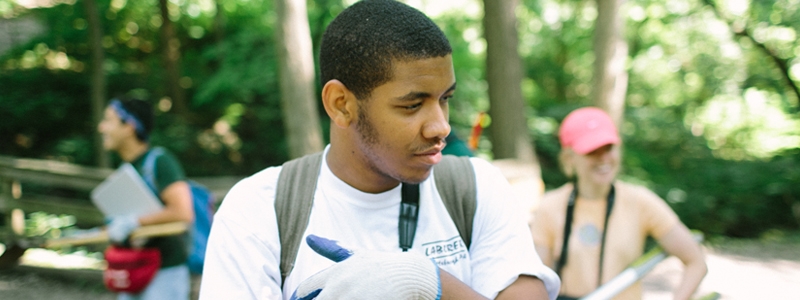Problem: This movement battles the gradual disenchantment of students with their studies, and was mainly created to organize the current educational system, which determines what children and teenagers should learn, where they should learn and how fast they should learn. This project began in the American city of Chicago in 2013 and is supported by the MacArthur Foundation. It encourages students to develop out-of-school activities in places such as museums and libraries, and to complete online courses. Their engagement is recognized with digital medals, which serve as a certification.

Solutions: This initiative operates in accordance with the principle of Connected Learning, a new approach to education that recognizes that learning can take place anywhere – in school, in the community, at work and online – and that learning based on the interests of the student is the key to engagement. Thus, activities developed outside the school begin to gain importance and earn the school´s recognition. The subjects studied outside the school premises are discussed in the classroom and the teachers help students to make associations between the two. To participate, the student registers for the course on the website, searches for activities that are available in their city and earns a digital certificate after participating in the activity. These activities could involve attending an art exhibition or studying animal behavior at the zoo.
The digital certificate, known as a badge, signifies that the student has acquired one or more skill. The system stores the individual’s data, creating a complete portrait, which includes a resume, examples of the work developed and assessments of colleagues. This information can be shared with teachers, friends and family through an online portfolio.
In each of the cities where the program has already been implemented (Chicago, Pittsburgh, Dallas, Washington, Columbus and Los Angeles), the project has involved different aims and programs. In Chicago, for example, the idea was to help the youth to get into college or find a job while also learning skills and knowledge that will be useful in life. There are more than ten thousand programs related to arts, sciences, sports, computers and mathematics in the city, with more than 100 organizations participating.
 Sprout Fund
Sprout Fund
Outcomes: The recognition of the work performed by the students outside of school gives value to their own decisions and interests and consequently, they become more interested in the subjects. The initiative also helps to improve the education system by encouraging creative learning. Students can use their digital certificates to demonstrate knowledge, obtain a position in a college or get a job in their interest areas.






